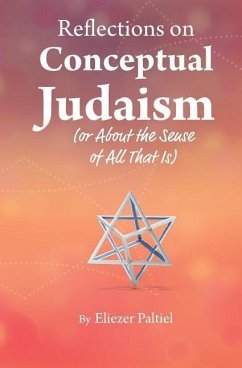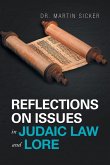In a new approach to the study of the fundamentals of Jewish religion and its practice, this book begins with a discussion of the nature of 'knowledge', and the manner in which the human mind 'conceptualises' data received through our senses, to create both true knowledge and illusion. The distinction between reality and illusion is a matter of degree, points on a continuum, and only exist within the human mind. Applying these propositions to religion and to Torah, the book considers the admissibility of innovation in Torah thought and describes the acceptance by recognised Jewish scholars that truth is attainable and testable by human mind, and not necessarily through divine revelation. While rejecting fluidity of values, Dr Paltiel proposes the relativity of truth as a product of the human mind, the idea that some truths may be 'truer' than others and the possibility of contradictory truths co-existing in differing perceptual realms. Parallel truths may be known, and realities may exist in the 'empirical domain' and the 'affective domain'. The Redemption, the Messianic Age, Reward and Punishment are part of the affective realities inherited by traditional Judaism, and are discussed as truths which are communal, shared affective realities. Dr Paltiel writes: Religion - at least conceptual Jewish religion - touches upon some kind of a blend between two domains, the empirical and the affective, a spiritual space in which G-d may be expected to communicate or, at least, to deal with - humans. Standing in this wide-open space, we believe in ... what? ... Referring to the quote widely attributed to the Kotzker Rebbe, 'Where is G-d? Wherever you let Him in!', this book considers that we may relate to G-d not by explaining what G-d is, but by tracing the path by which humans attempt to 'let him in'.
Bitte wählen Sie Ihr Anliegen aus.
Rechnungen
Retourenschein anfordern
Bestellstatus
Storno





